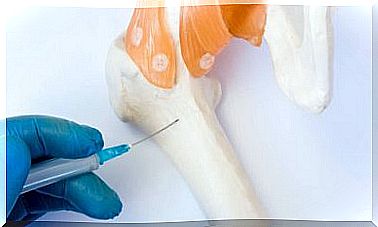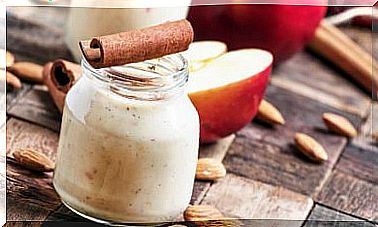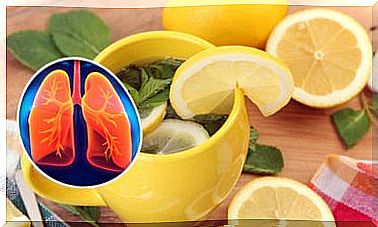What Are The Benefits Of Red Beets?
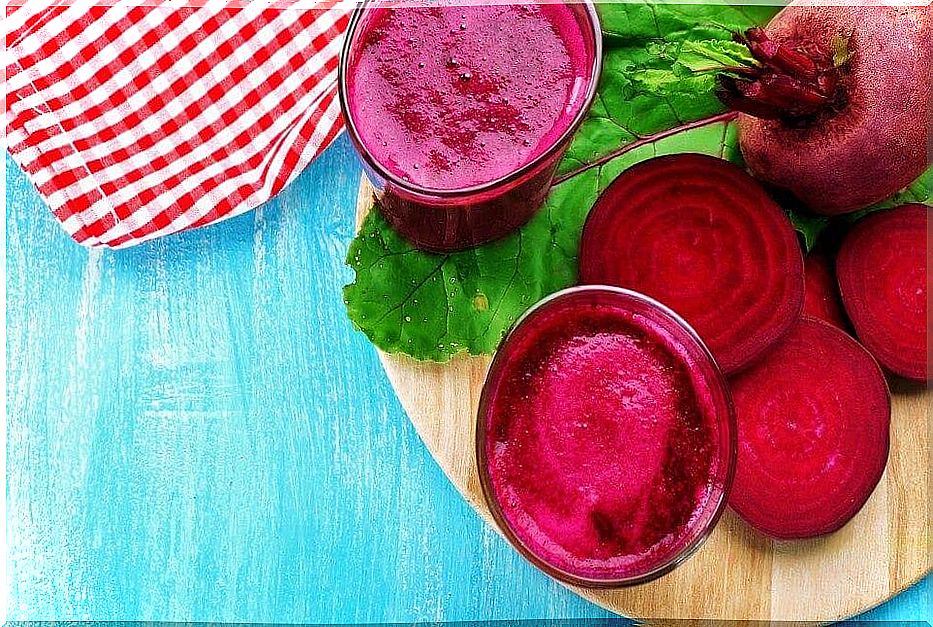
Red beet ( Beta vulgaris ) is a tuber that has many culinary uses throughout the world. It stands out mainly for its nutritional quality and its contributions to health. Do you know what its main benefits are?
As shown by the data collected in SELF Nutrition Data , it is a low-calorie food that concentrates large amounts of B-complex vitamins and minerals, such as calcium, iron, magnesium, phosphorus, potassium, sodium, zinc and copper. It also provides us with carotenes, sugars in the form of sucrose and protein.
What is the nutritional contribution of beets?
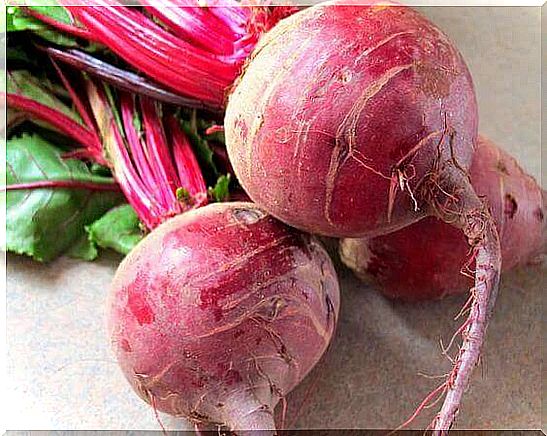
To detail its nutritional contribution, and considering the data mentioned, this food has in its composition 87% water, 8% carbohydrates and 3% fiber. Every 100 grams of this vegetable gives us the following nutrients:
- Calories: 43.
- Carbohydrates: 9.6 g.
- Proteins: 1.6 g.
- Fat: 0.08 g.
- Fiber: 2.8 g.
- Sugar: 6.8 g.
Other beet nutrients
According to information from a research published by the University of Northumbria, we can highlight other nutrients contained in sugar beets, in addition to their benefits. See below in detail:
- Beet leaves contain a lot of vitamin A and are the part with the highest amount of vitamin C.
- It is a vegetable that is very rich in sugars and has a good fiber contribution.
- It has a high concentration of iron, which strengthens the immune system to stimulate the production of antibodies and red blood cells.
- It contains phenolic compounds, such as flavonoids, which make it a great source of antioxidants.
Red Beet Health Benefits
Provides a lot of iron
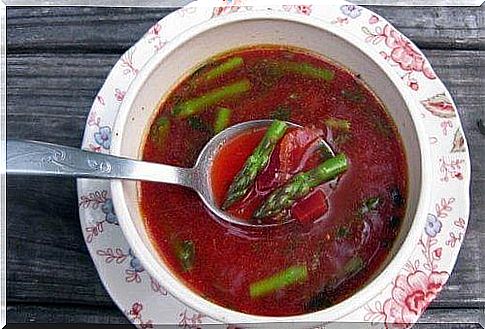
Beetroot provides us with a considerable amount of iron, a very important mineral as it helps to form hemoglobin. According to a study carried out by Sri Ramachandra University (India), beet juice can help to treat anemia as it helps to improve the level of hemoglobin in the blood.
Helps regulate blood pressure
High blood pressure is one of the risk factors for cardiovascular disease. Fortunately, foods like beets can help keep their levels stable to avoid complications.
According to research from the University of Reading (UK), the concentration of nitrates in beetroot produces a vasodilator effect, to which this benefit is attributed.
It has anti-inflammatory properties

Beetroot contains pigments known as betalains, which are attributed anti-inflammatory effects. Research carried out by the Cracow University of Technology determined that betalain capsules made with beetroot extract reduce the pain and discomfort caused by osteoarthritis.
On the other hand, this study by Kind Salud University (Saudi Arabia) determined that beetroot could act in a beneficial way in reducing inflammation of the kidneys. However, further studies are suggested to determine whether these effects also occur in humans.
Helps promote digestive health
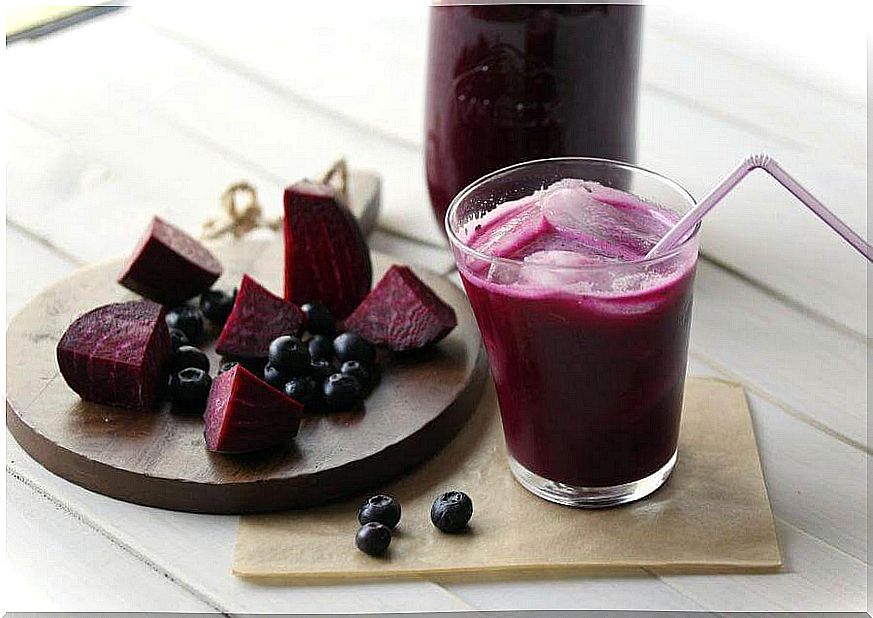
It is estimated that a cup of red beet can provide up to 3.4 grams of fiber. For this reason, its intake is also associated with good digestive health. It is even suggested as an ally to avoid problems like constipation.
Published research by the University of Minnesota suggests that an adequate intake of dietary fiber regulates digestive activity, prevents constipation and reduces the risk of an inflammatory bowel disease.
How to choose and save?
- It is preferable to choose beets that have roots of the same size: that way they will cook evenly.
- We recommend opting for smooth, firm, fleshy and round units, without blemishes or impact marks.
- You should reject elongated, scaly-skinned leaves because they are hard, fibrous and will have a strong flavor.
- If stored in a plastic bag in the refrigerator, they can last 2-3 weeks.
- The beet leaves must be stored separately, in a plastic bag, without washing. Without refrigeration, they can be kept for 3 to 5 days.
- It is not recommended to freeze beets as they become soft.
How to consume red beets?
- It can be included in raw or cooked salads, although it retains its properties better when eaten raw.
- To consume them raw, you can grate and season with a little oil and lemon. However, they are more digestible if they are cooked.
- To cook, just put them in boiling salted water, without peeling, so they don’t lose flavor or color. They must be boiled for at least an hour.
- You can also prepare roasted beets. To do this, place them in the oven and do not remove them until they are soft. Cooked this way, they keep most of their properties intact.
What do you think of incorporating them into your regular diet? As you can see, they are very healthy. However, if you have any special conditions, consult your nutritionist before constantly consuming them.
